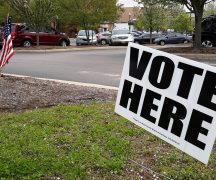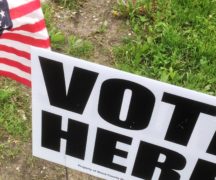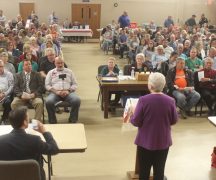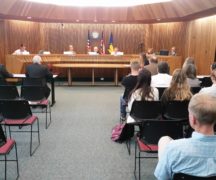On September 6, 2024, you published a letter by Taina Romstadt concerning her attempt to have over 100 people removed from the voter registration rolls in Wood County. In her letter, Ms. Romstadt referred to a hearing held by the Wood County Board of Elections regarding the voter challenges she submitted. I was at that meeting.
As stated in her letter, Ms. Romstadt claims that the people whose registration she was contesting did not live in Wood County because they had registered to vote, and voted, in another state. At the hearing, it was revealed that her evidence came from screenshots she took of information posted online. According to a member of the Board of Elections, these screenshots did not include birthdates or social security numbers that would conclusively show that the individual named in the screenshot was the same person who was registered in Wood County. Although Ms. Romstadt did not dispute this claim at the hearing, in her letter to the editor she states that birthdates were available.
Ms. Romstadt believes that the members of the Board of Elections were “shirking their duties” by not cancelling the voter registrations of these individuals. She cites sections of the Ohio Revised code to support her position, but does not provide the full text of the section of the law that seems most relevant to her case, Ohio Revised Code Section 3503.21 (B)(2), which is:
“The registration of any elector identified as having changed the elector’s voting residence to a location outside the elector’s current county of registration shall not be canceled unless the registrant is sent a confirmation notice on a form prescribed by the secretary of state and the registrant fails to respond to the confirmation notice or otherwise update the registration and fails to vote in any election during the period of two federal elections subsequent to the mailing of the confirmation notice.”
The legal process for removing people from the voter rolls seems clear to me. The law does not state that a citizen’s challenge to a voter’s registration overrides the section of the law that I cited. At the hearing, a member of the Board of Elections stated that for almost all the names on Ms. Romstadt’s list, the required procedure to remove them had been started. In my opinion, the members of the Board of Elections were following the law as written. I support our Board of Elections for their action.
Debbie Dalke
Bowling Green





